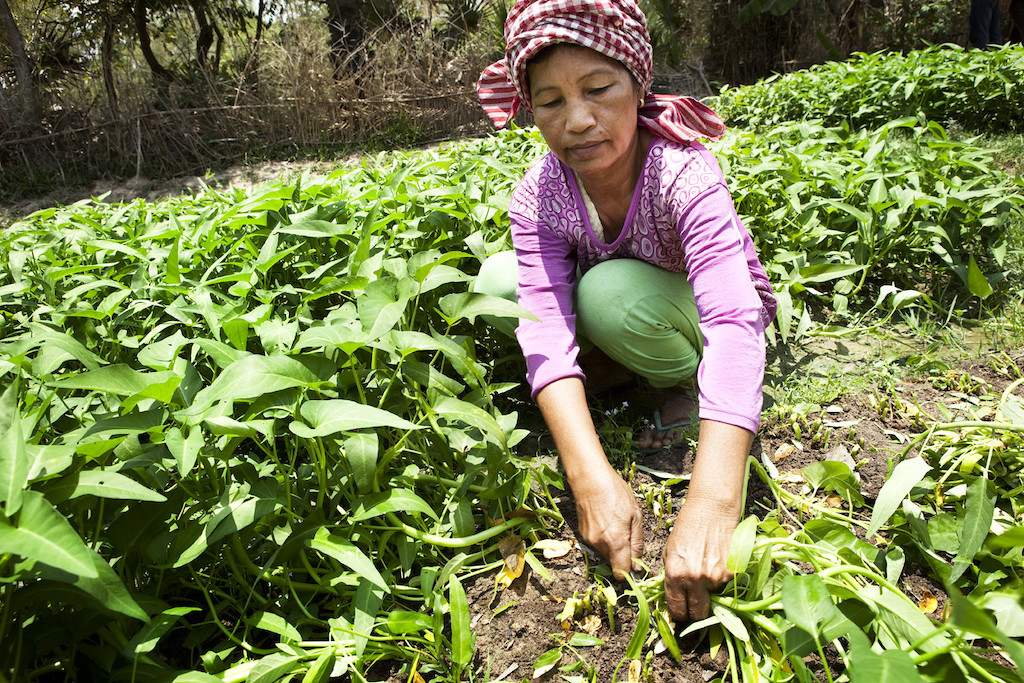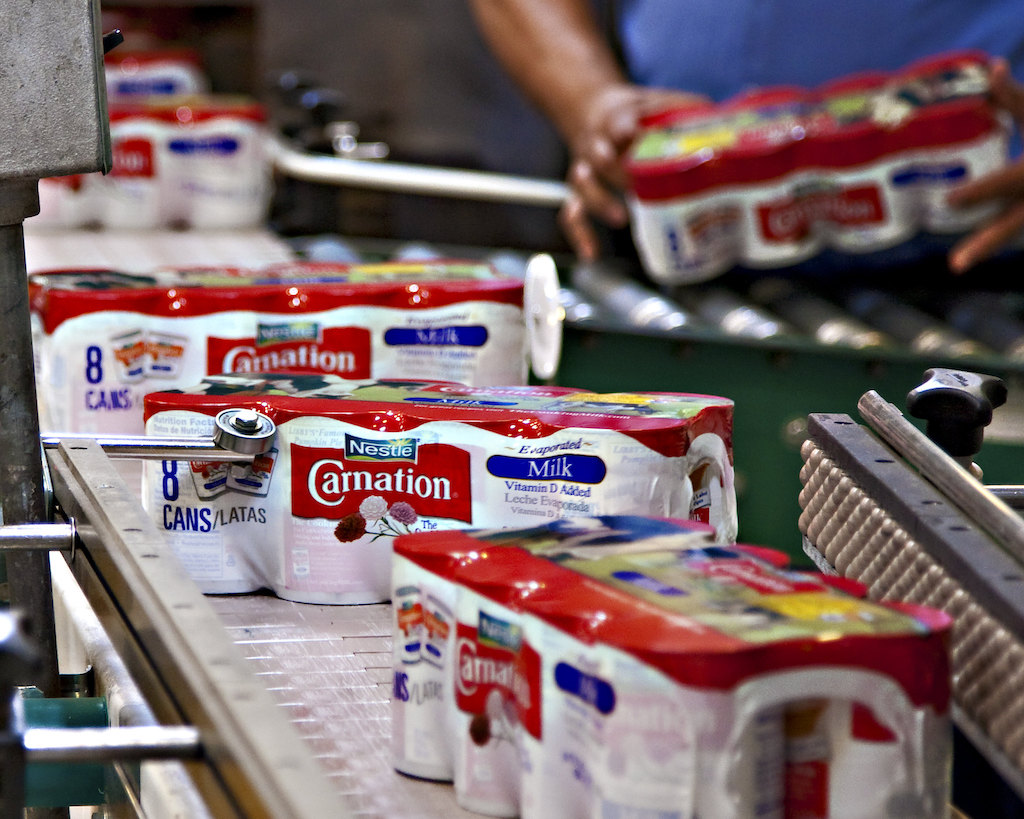3 Mins Read
Nestlé is setting aside $1.2 billion over the next five years to “spark” regenerative farming across its food supply chain. The Swiss food giant’s three-pronged strategy will include paying premiums for regenerative agricultural raw materials, helping farmers make the transition through co-investments and ramping up R&D into sustainable crops.
Nestlé has unveiled its new sustainability plan, this time focusing on promoting regenerative agriculture across its supply chain. Released as the issue of food sustainability takes over the global agenda with the UN Food Systems Summit held earlier this month, the Swiss food conglomerate’s plan involves pouring $1.2 billion over the next five years to impact its more than 500,000 farmers and 150,000 suppliers in its value chain.
Supporting the move to regenerative farming

Nestlé says that regenerative farming will be a core part of helping the firm meet its climate goals. Last year, Nestlé set aside $3.5 billion for its net-zero by 2050 goal, which will also be powered by ramping up alternative protein and plant-based innovation.
“We know that regenerative agriculture plays a critical role in improving soil health, restoring water cycles and increasing biodiversity for the long term,” said the firm’s chairman Paul Bulcke. “These outcomes form the foundation of sustainable food production and, crucially, also contribute to achieving our ambitious climate targets.”
The $1.2 billion earmarked for regenerative farming will be split up into three segments, with the first going towards R&D into developing new sustainable crops, as well as figuring out locally relevant best practices for farmers across different regions. Some of the projects underway include developing high-yield coffee and cocoa varieties with a lower ecological footprint, especially as climate-related weather changes begin to impact production.

The capital will also go towards funding transition programs and offering farmers loans for specific equipment, as well as paying extra for raw materials that have been produced using regenerative practices.
Tackling dairy emissions
One of the biggest sources of Nestlé’s carbon emissions is its enormous dairy business, with the firm owning brands across the infant milk powder, breakfast cereals, confectionery, ice cream and snacks categories. In addition to producing Nestlé-labelled milk, yogurt and dairy drinks, the company also owns labels such as Carnation, Coffee Mate and Nestlé Dairy Farm in Hong Kong.
In total, agriculture makes up around two-thirds of Nestlé’s total GHG emissions, but plant-based raw materials are far less carbon-intensive as it requires less land, water and most significantly, does not contribute to methane emissions. Last month, a report found that just five of the world’s largest meat and dairy firms, among them Dairy Farmers of America and Fonterra, release more GHG emissions than oil giants like Shell or Exxon.

As part of the $1.2 billion regenerative agriculture plan, the Swiss conglomerate says it will be paying special attention to its dairy suppliers, with 30 farms to begin piloting “scalable, climate-friendly and regenerative agriculture practices”. Some projects will involve helping farmers select and cultivate pulses, which can then be used to develop vegan milk alternatives.
“We want to increase our support for farming practices that are good for the environment and good for people,” explained Nestlé CEO Mark Schneider. “In the spirit of enabling a just transition it is vital that we support farmers around the world that take on the risks and costs associated with the move towards regenerative agriculture.”
Earlier this year, Nestlé launched a new pea-based dairy-free milk line, Wunda, which not only helps shift its food portfolio towards sustainable products, but also keeps up with changing consumer tastes for healthier plant-based foods.
All images courtesy of Nestlé.




